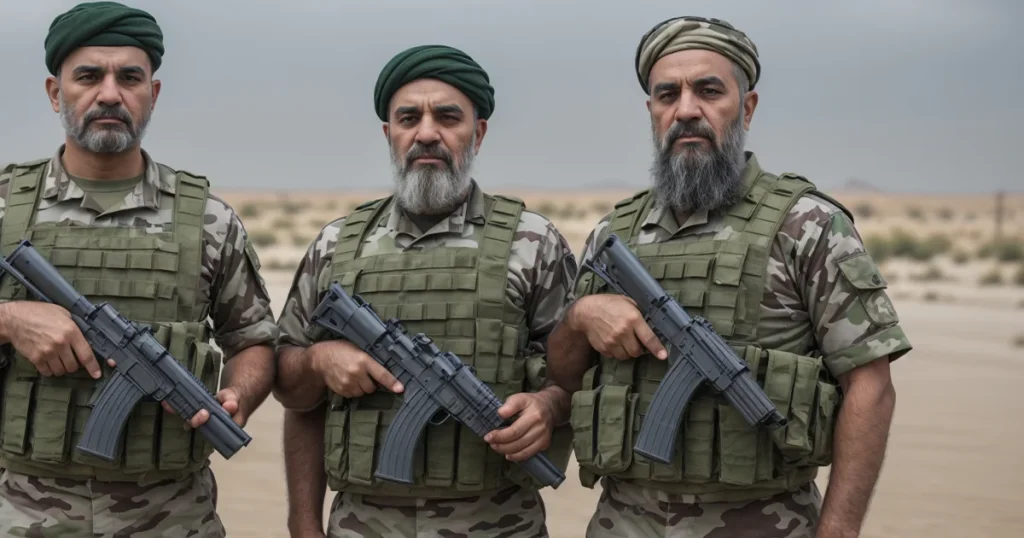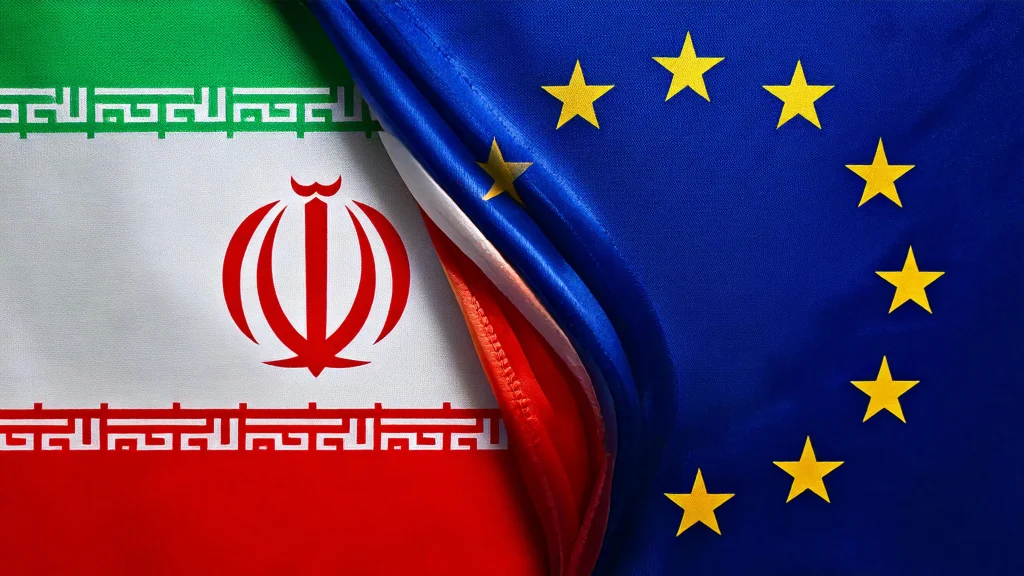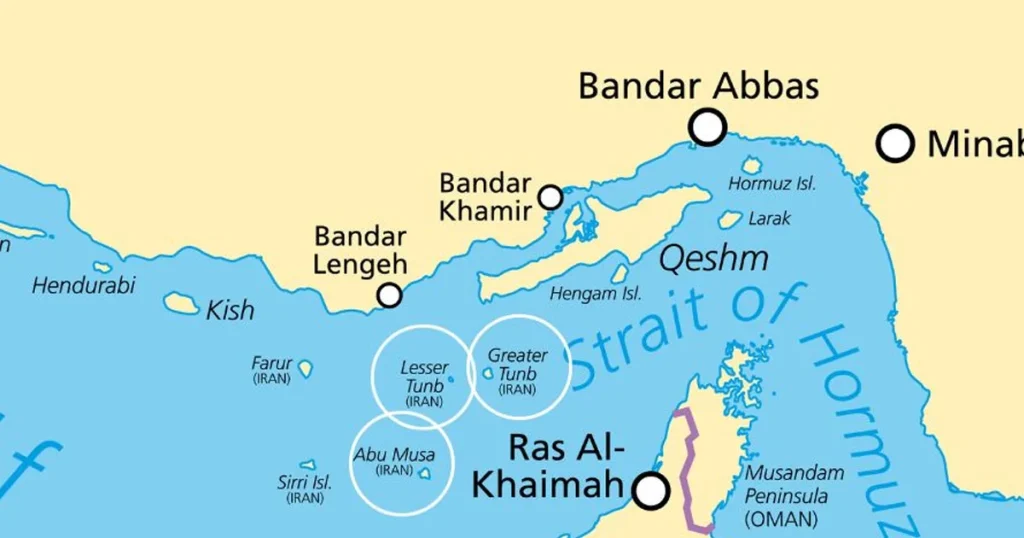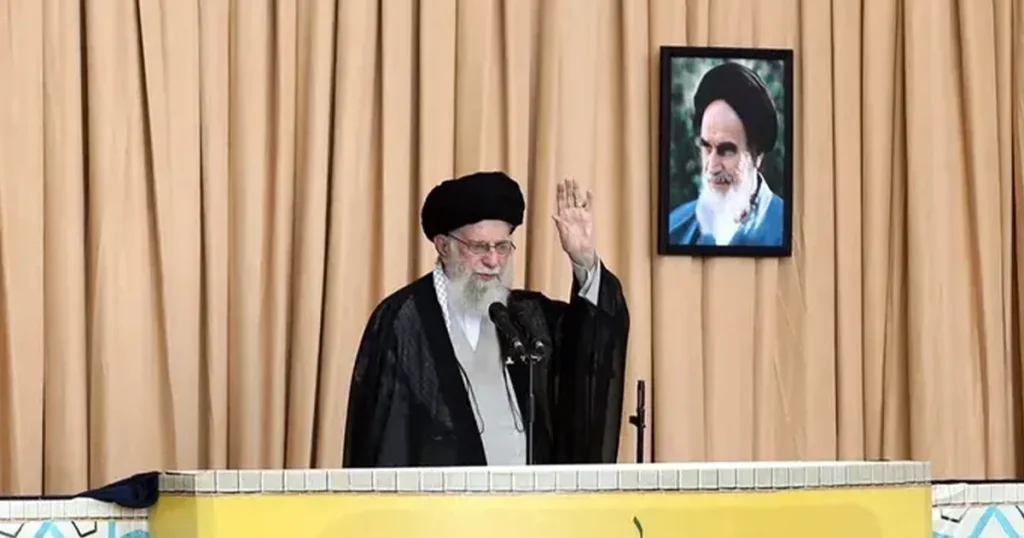Introduction
Recent escalations between Israel and the Islamic Republic highlight a persistent, troubling pattern in Middle Eastern politics. My perspective on these developments is informed not only by the latest incidents but also by a broader historical context of how the Islamic Republic uses its diplomatic missions.
Diplomatic Immunity: A Cloak for Militancy?
I argue that the Islamic Republic has forfeited any right to claim diplomatic immunity for its embassies. The 1979 storming and hostage-taking at the American embassy in Tehran set a precedent that has echoed through subsequent decades with multiple terror attacks on foreign embassies orchestrated by or linked to the Islamic Republic. These actions fundamentally undermine the principles of diplomatic sites being inviolable sanctuaries focused on peaceful relations.
The Nature of the “Embassy”
Regarding the recent Israeli strike on what was officially an annex of the Islamic Republic’s embassy in Damascus, it’s clear to me that this facility was a hub not for diplomacy but for coordinating militant activities. The presence and elimination of key IRGC figures during the attack substantiate claims that these premises are more akin to terrorist command centers than diplomatic outposts. Thus, labeling the strike as an attack on a “den of terrorists” seems not only accurate but necessary under current geopolitical strains.

The Reality of Retaliation
The retaliation by the Islamic Republic to the Israeli operations was significant in scale but largely ineffective. With Israeli defenses intercepting 99% of the launched projectiles, the true capabilities of the Islamic Republic’s military were laid bare. This overwhelming defensive success by Israel not only showcases its military vigilance but also starkly highlights the bluster of the Islamic Republic’s supposed military might.
Inside Views on IRGC Actions
It is essential to distinguish between the regime and the Iranian people. Many Iranians I speak with perceive Israeli actions against IRGC targets not as attacks on Iran but as actions against a regime that many view unfavorably. Some Iranians even express relief at these strikes, seeing them as a form of resistance against what they consider a repressive and harmful administration.
The Urgency of EU Action Against the IRGC
The unfolding dynamics between Israel and the Islamic Republic are more than a mere regional skirmish; they reflect deep-seated issues with how the Islamic Republic conducts itself on the international stage. By using diplomatic sites as shields for militant operations, the regime not only endangers its citizens but also erodes the very essence of international law and order. This behavior, combined with its history of orchestrating international terror attacks, underscores why, now more than ever, it is crucial for the European Union to designate the IRGC as a terrorist organization.
The IRGC’s involvement in military and non-state militant activities across the region, particularly in supporting groups that engage in actions against EU allies, makes it imperative for the EU to take a firmer stance. The designation would not only serve as a strong political statement but also enable stricter measures, such as travel bans and asset freezes, which could significantly hamper the IRGC’s operations. This action is necessary to protect global security, uphold the integrity of international diplomatic missions, and promote stability in the Middle East.
In conclusion, as tensions escalate, understanding these nuanced perspectives is crucial for anyone looking to grasp the complex fabric of Middle Eastern geopolitics. Designating the IRGC as a terrorist organization by the EU would be a decisive step towards curbing the aggressive postures of the Islamic Republic, ensuring a more secure and stable international environment. This is a necessary move to counter the threat posed by a regime that consistently misuses diplomatic privileges for aggressive and destabilizing activities.






